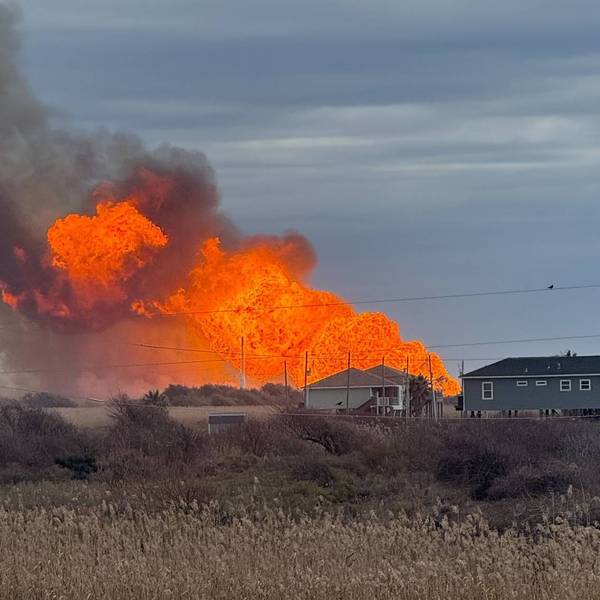Two fertilizer companies facing litigation over the deadly explosion that rocked West, Texas have cast blame on the city and fire department for the disaster, the Waco Tribune-Herald reported Saturday.
Fifteen people died and at least two hundred were injured in April 2013 when a fire that led to an explosion occurred at the West Fertilizer Co.. The facility was storing large amounts of ammonium nitrate. News agencies described the power of the blast in which some of the ammonium nitrate exploded as being as powerful as 15,000 to 20,000 pounds of dynamite.
The two companies, fertilizer manufacturer El Dorado Chemical Co. and fertilizer manufacturer and distributor CF Industries, are among the industrial defendants facing suit. According to previous reporting by the Tribune-Herald,
CF Industries manufactures agricultural-grade ammonium nitrate at its plant in Yazoo City, Miss., which the lawsuits allege ended up at West Fertilizer. The other chemical companies [including El Dorado] were added later as defendants. The suits claim they also sold fertilizer to West Fertilizer Co.
"The State Fire Marshal's Office found that the city of West and the West Volunteer Fire Department did not properly plan for, train, or equip the firefighters of the WVFD to handle a fire at a high-risk commercial business," the Texas paper cites the motion from CF Industries as saying.
In its motion, El Dorado states that the city "should be named as a responsible third party" for its zoning that allowed the plant to operate near schools and a nursing home.
Announcing in April of this year the preliminary findings of its investigation into the explosion, the U.S. Chemical Safety Board said that the disaster was "preventable" and "resulted from the failure of a company to take the necessary steps to avert a preventable fire and explosion and from the inability of federal, state and local regulatory agencies to identify a serious hazard and correct it."
Labor reporter Mike Elk has written for In These Times that
While at least two state agencies--the Department of State Health Services and the Texas Commission on Environmental Quality (TCEQ)--knew that the plant was storing 1,350 times the legal amount of ammonium nitrate, neither of them informed the two federal agencies tasked with regulating the plant for threats of explosion: the Department of Homeland Security (DHS) and Occupational Safety and Health Administration (OSHA). Federal regulations would have required the plant to install safeguards like firewalls, which could have prevented the blaze that ignited the explosion from spreading.
OSHA had last inspected the pant in 1985.



